“Gaddafi has three options”
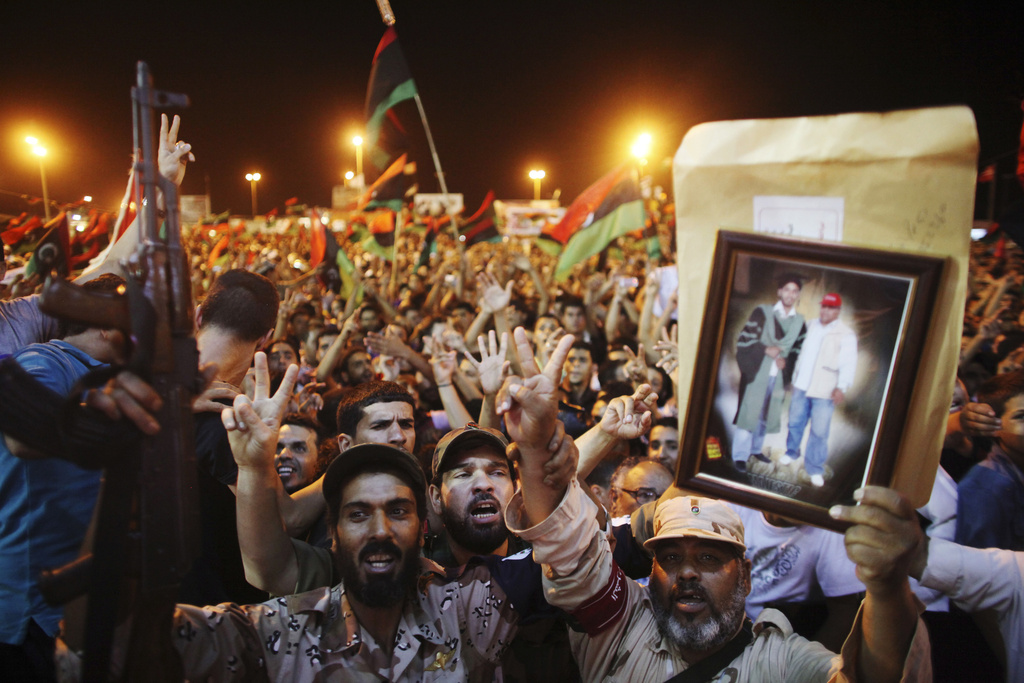
Libyan government tanks shelled parts of central Tripoli on Monday after rebels swept into the heart of the city, meeting little resistance.
Crowds took to the streets to celebrate what they saw as the end of Moammar Gaddafi’s four decades in power.
The whereabouts of the Libyan leader were unknown, but rebels held two of his sons, Saif al-Islam and Mohammed.
Despite euphoria among rebels and their backers in Tripoli and elsewhere, a rebel spokesman, identified on Arab network Al Jazeera as Nasser, said government troops still controlled “about 15 to 20 per cent of the city”.
United States President Barack Obama said Libya was “slipping from the grasp of a tyrant” and urged Gaddafi to relinquish power to prevent more bloodshed.
“Without question the end is near but we’re not there yet – parts of Tripoli are still controlled by Gaddafi troops, including the hotel where journalists are staying,” said Freddy Gsteiger, a correspondent for Swiss Radio DRS.
“There’s still resistance in the important oil city of Brega, but a favourable turn of events for Gaddafi is basically out of the question – his army has been largely destroyed, his supply lines have been cut off on all sides.
“We can certainly now talk of the end phase of the Gaddafi regime.”
Swiss Foreign Minister Micheline Calmy-Rey said she was happy about what appeared to be the approaching end of the Gaddafi regime and welcomed greater freedom and democracy for the Libyan people.
She added that Switzerland had not recognised the rebel-led National Transitional Council because it only recognised states.
Still dangerous
The rebels seized control of most of Tripoli in a lightning advance on Sunday, with euphoric residents celebrating in the capital’s Green Square, the symbolic heart of the Gaddafi regime.
Gaddafi’s defenders quickly melted away as his 42-year rule crumbled, but the leader’s whereabouts were unknown and pockets of resistance remained.
Rebel spokesman Mohammed Abdel-Rahman, who is in Tripoli with rebel forces, cautioned that Gaddafi troops still posed a threat to rebels, and that as long as Gaddafi remained on the run “the danger is still there”.
Gsteiger added that while a rapid collapse of the regime was conceivable, further bloodshed couldn’t be ruled out.
“Even with a small group of remaining soldiers Gaddafi can still wage a war using terrorist methods. For that he doesn’t need an organised army or extensive military power. That could also cause a lot of damage,” he said.
“If Gaddafi really wants to fight until the last drop of blood, there could be many victims.”
For his part Gaddafi, who seized power in a military coup in 1969, said he was breaking out weapons stores to arm the population. His spokesman, Moussa Ibrahim, predicted a violent reckoning by the rebels.
“A massacre will be committed inside Tripoli if one side wins now, because the rebels have come with such hatred, such vendetta… Even if the leader leaves or steps down now, there will be a massacre.”
Coordinated plan
The rebel breakthrough, after a long deadlock in Libya’s six-month-old civil war, was the culmination of a closely coordinated plan by rebels, Nato and anti-Gaddafi residents inside Tripoli, rebel leaders said.
Rebel fighters from the west swept over 30 kilometres in a matter of hours on Sunday, taking town after town and overwhelming a major military base as residents poured out to cheer them. At the same time, Tripoli residents secretly armed by rebels rose up.
By the early hours of Monday, opposition fighters controlled most of the capital. The seizure of Green Square held profound symbolic value – the plaza was the scene of pro-Gaddafi rallies organised by the regime almost every night, and Gaddafi delivered speeches to his loyalists from the historic Red Fort that overlooks the square.
The International Criminal Court in The Hague, which wants Gaddafi’s younger son Saif al-Islam along with his father on charges of crimes against humanity, confirmed he had been held and said he should be handed over for trial.
Gaddafi’s eldest son Mohammed al-Gaddafi had surrendered to rebel forces, National Transitional Council coordinator Adel Dabbechi told Reuters.
Three options
As for what happens next, Gsteiger said Gaddafi “basically has three options”.
“First, he could flee into exile. The rebels have just confirmed that their offer still stands for a safe conduct for him and his family to leave the country,” he said.
“He could also fight to the last and die a martyr – as he has previously said he would. Or third, he is captured and tried for crimes against humanity by the International Criminal Court.”
Gsteiger didn’t think the rebels were in a position, either militarily or from an organisation point of view, to rebuild the country’s infrastructure quickly.
“It shouldn’t be forgotten that the current success is not thanks to the superior strategy or organisation of the rebels but rather to the collapse of the Gaddafi regime and armed forces – and Nato contributed significantly to that,” he said.
The chances were slim, he added, that stable or democratic conditions would be seen in Libya in the near future.
“On the other hand the international community – the United Nations, the European Union, Nato – are obviously now obliged to support the rebels, organisationally and financially, but above all with advice. The opposition leaders are really depending on that.”
The temporary detention of Moammar Gaddafi’s son Hannibal in Geneva in mid-July 2008, accused of mistreating his servants, led to political tensions between Libya and Switzerland.
The Libyan authorities reacted by taking measures against Swiss nationals and companies in Libya.
On February 23, 2010, one of two Swiss citizens who had been prevented from leaving Libya was permitted to return to Switzerland.
The other was released on June 13, 2010 after serving a four month prison sentence for visa violations, and immediately returned to Switzerland.
At the beginning of the uprising, Switzerland blocked “potentially illegal” assets belonging to Gaddafi and his circle.
Links
UNHCR on Libya crisisExternal link
Swiss Agency for Development and Cooperation: LibyaExternal link
Swiss foreign ministry: situation in LibyaExternal link
Swiss embassy in LibyaExternal link

In compliance with the JTI standards
More: SWI swissinfo.ch certified by the Journalism Trust Initiative

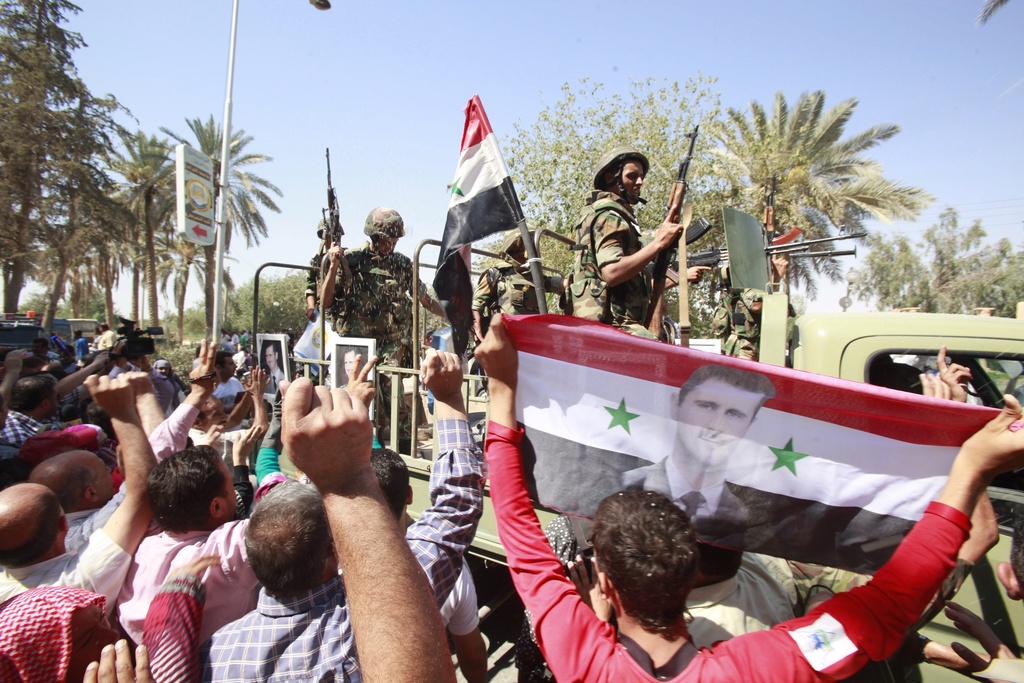
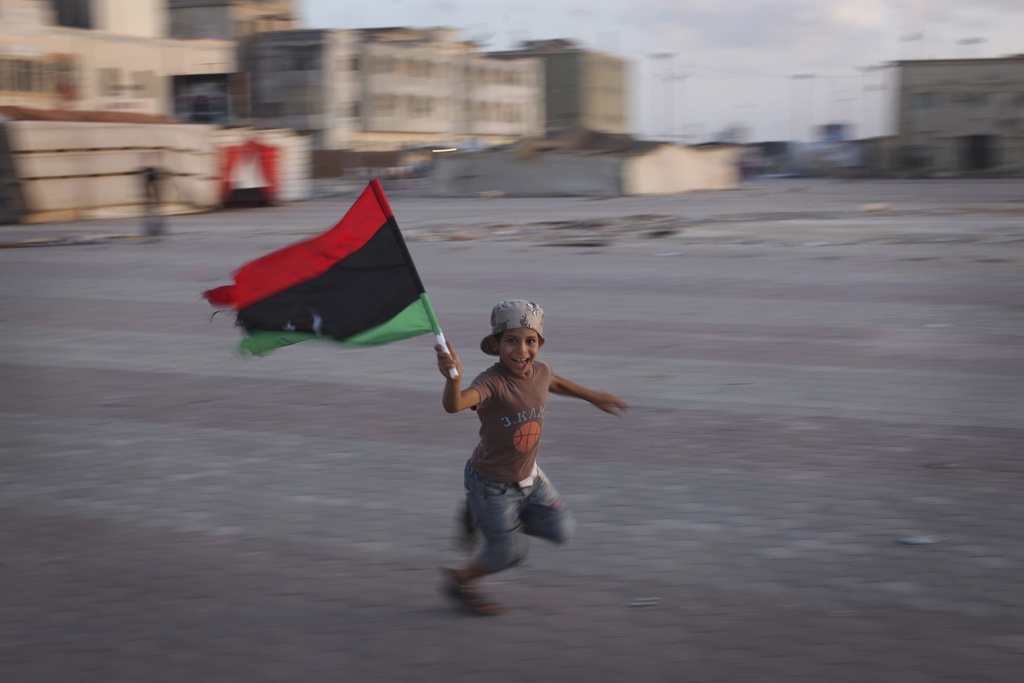
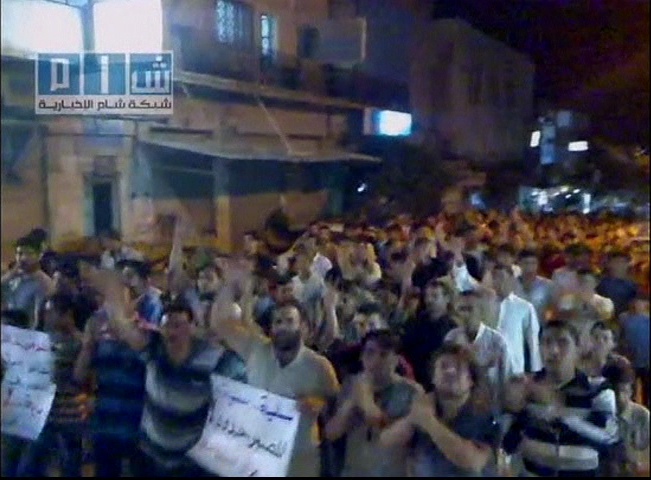
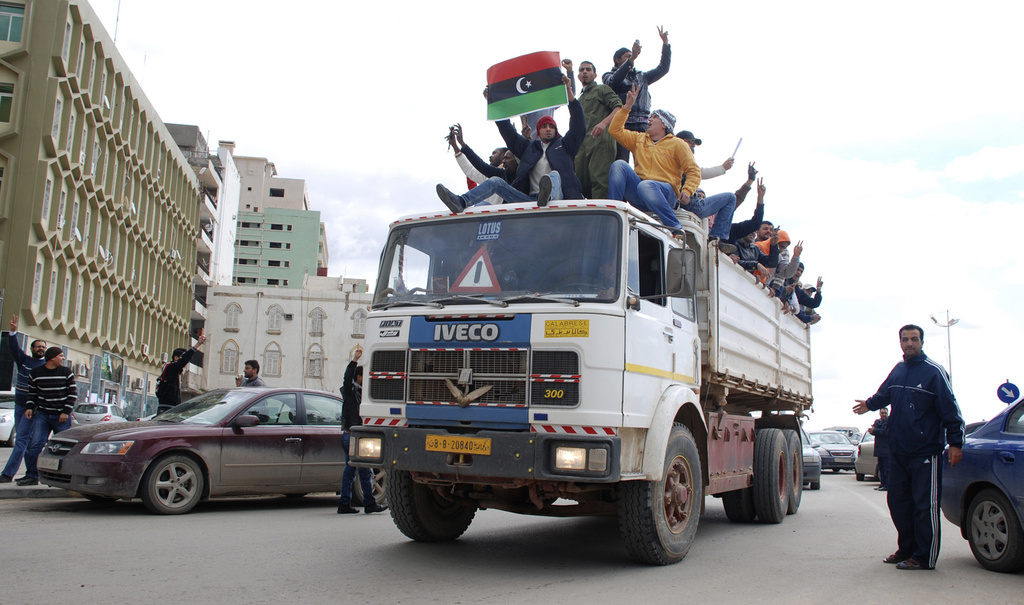
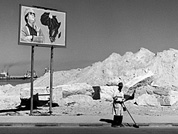
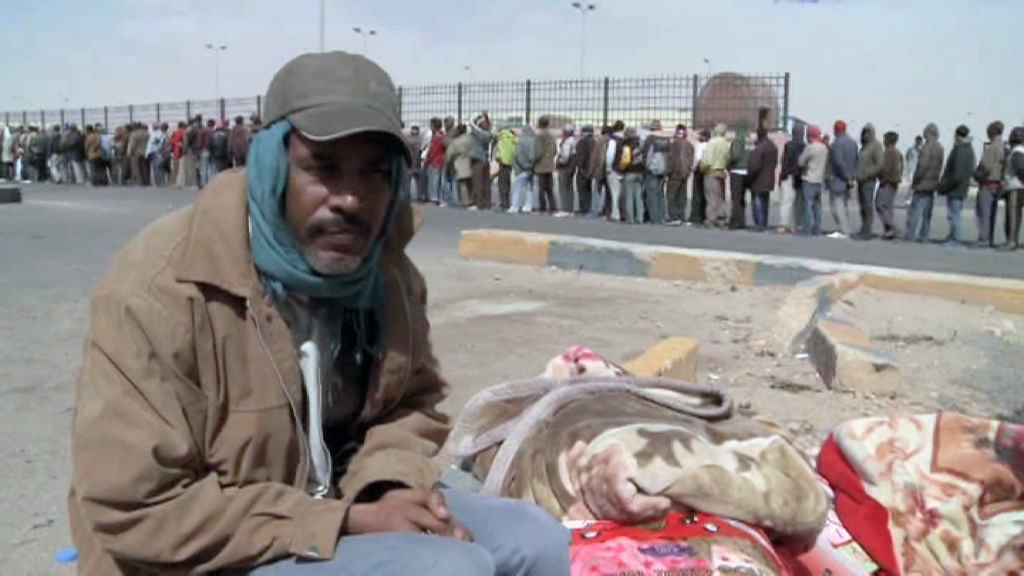
You can find an overview of ongoing debates with our journalists here. Please join us!
If you want to start a conversation about a topic raised in this article or want to report factual errors, email us at english@swissinfo.ch.